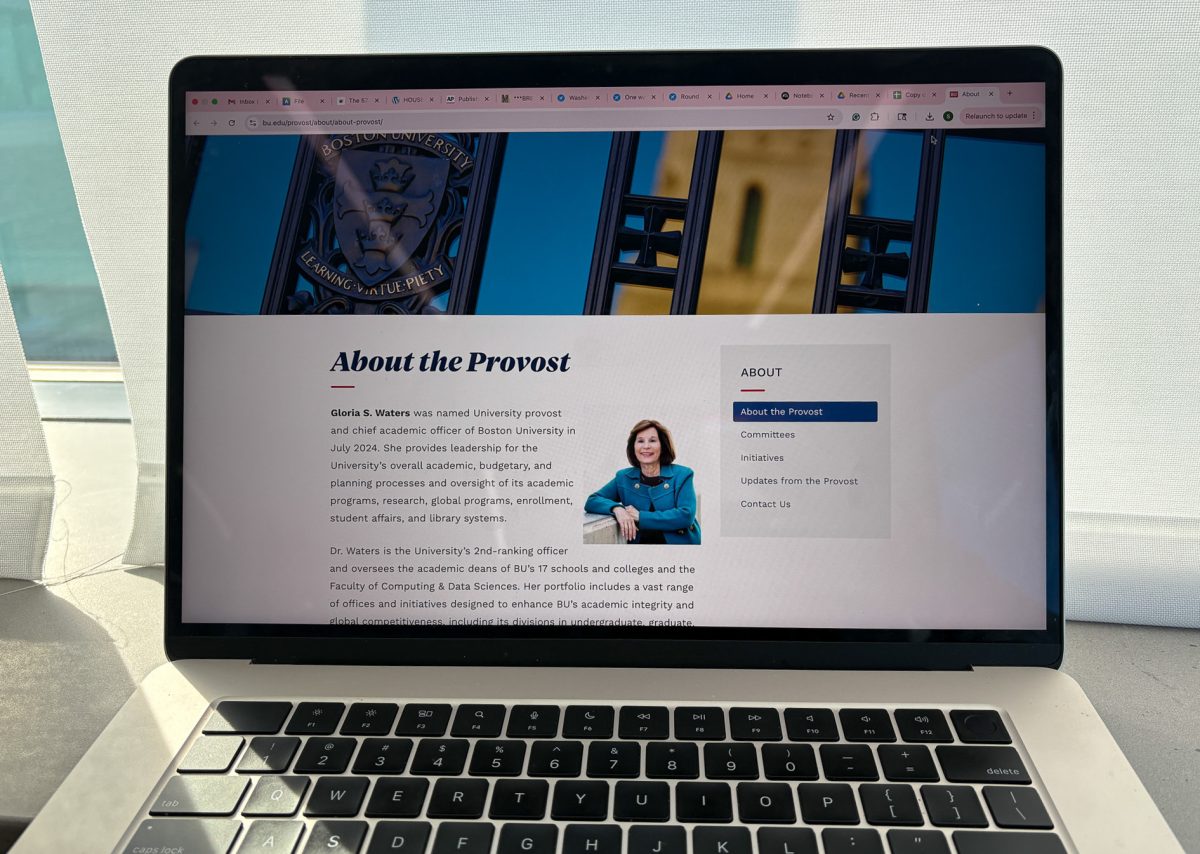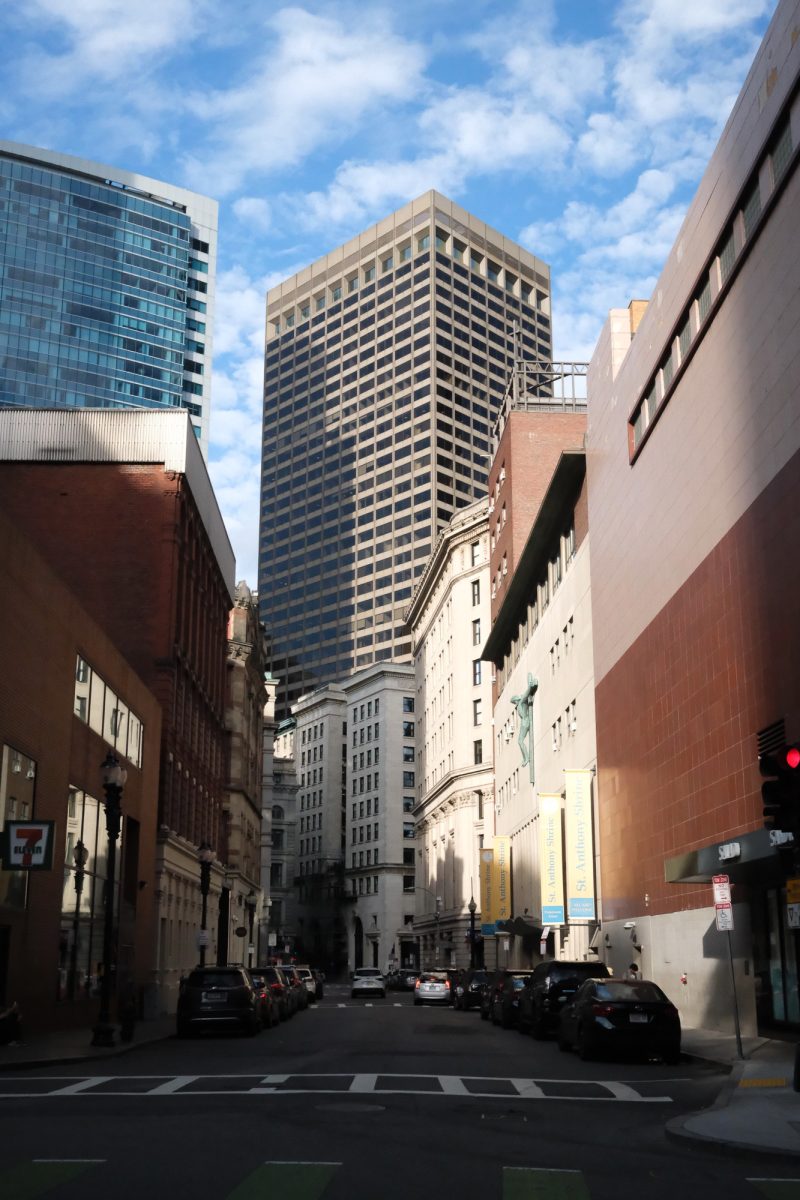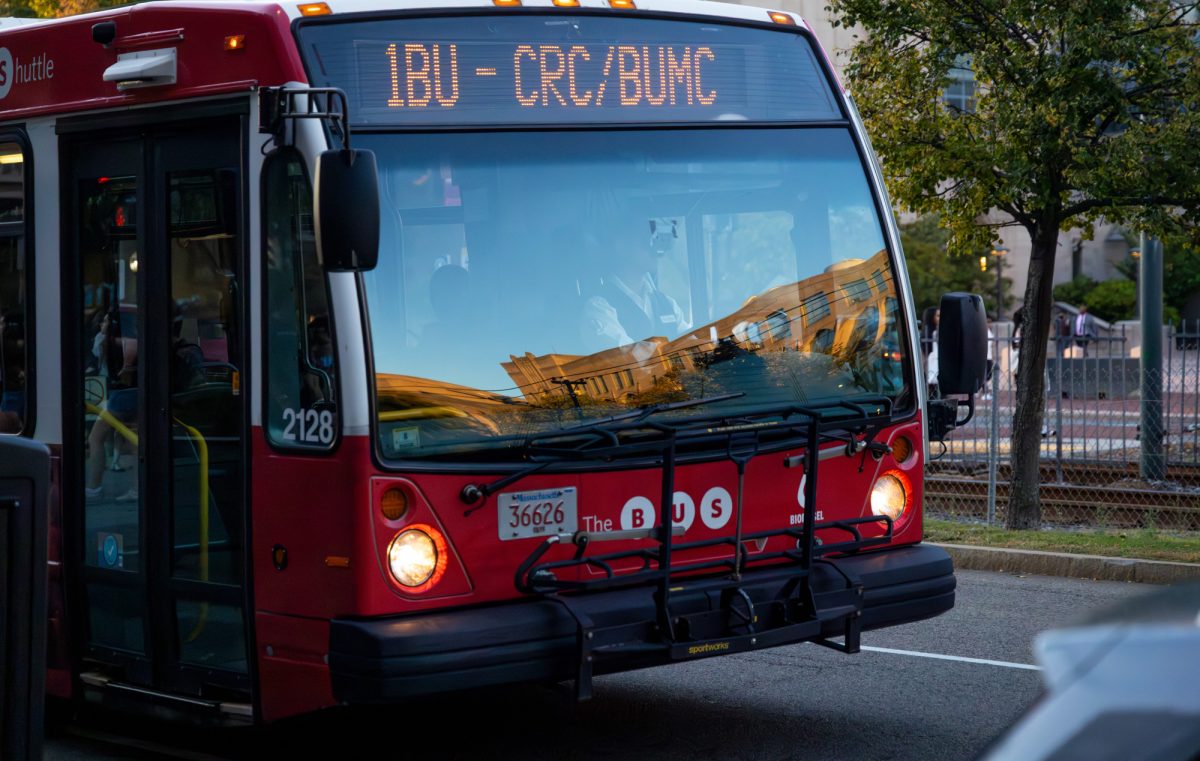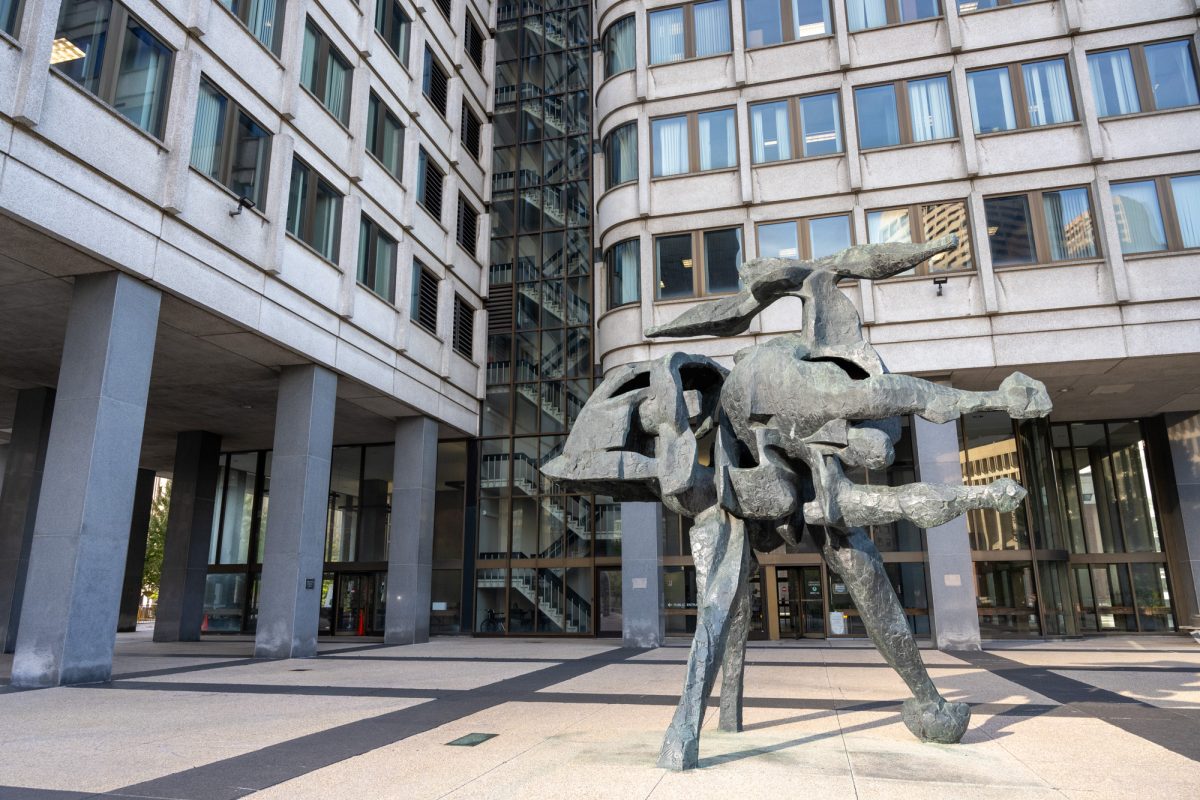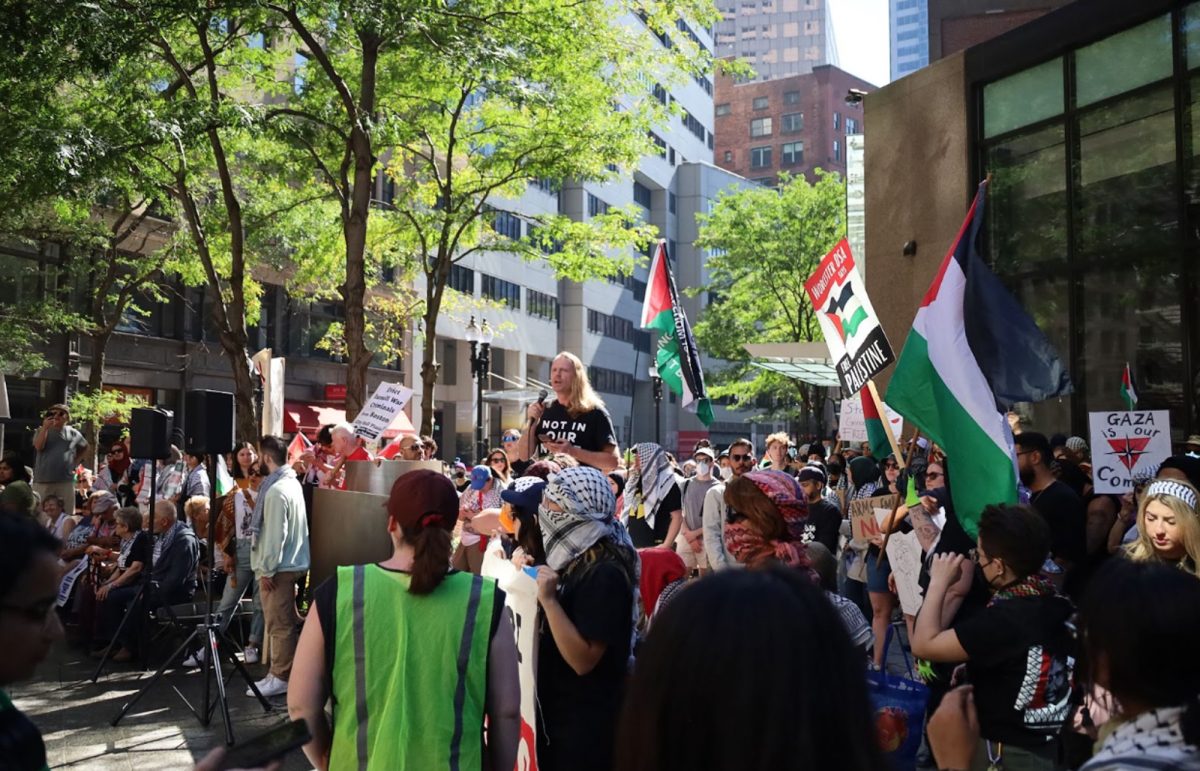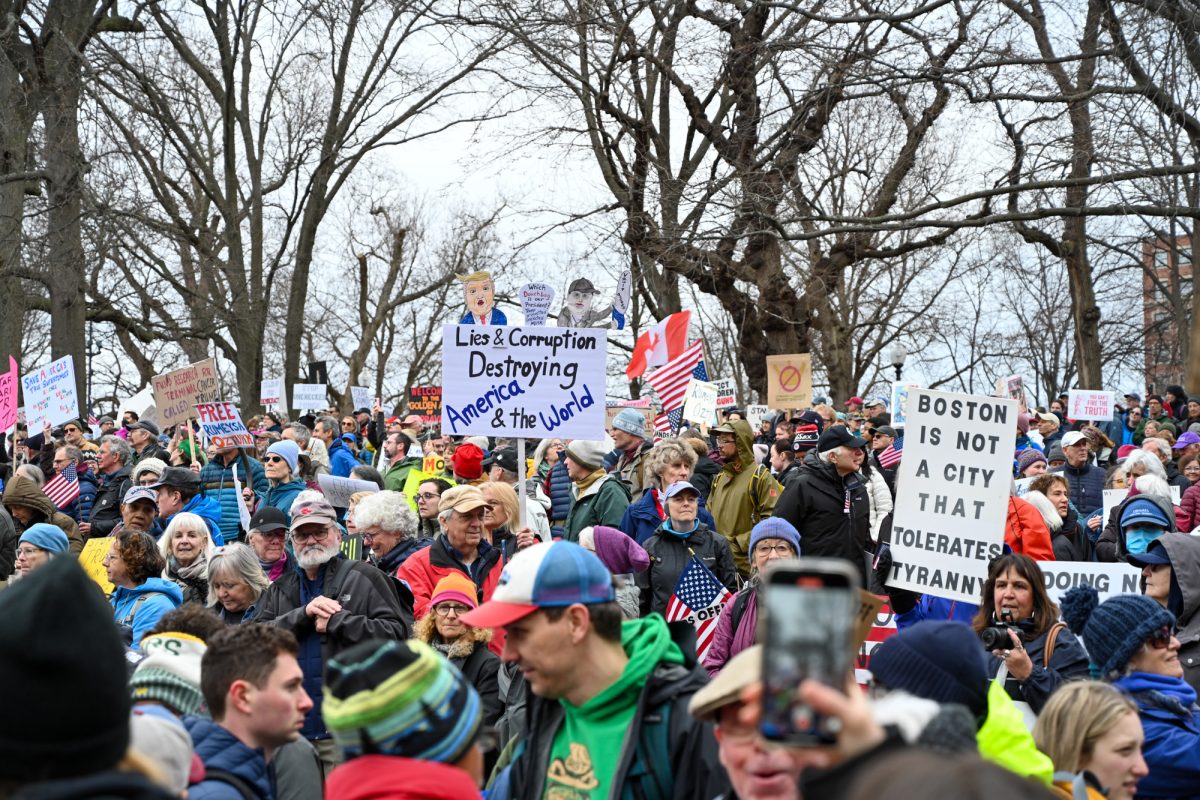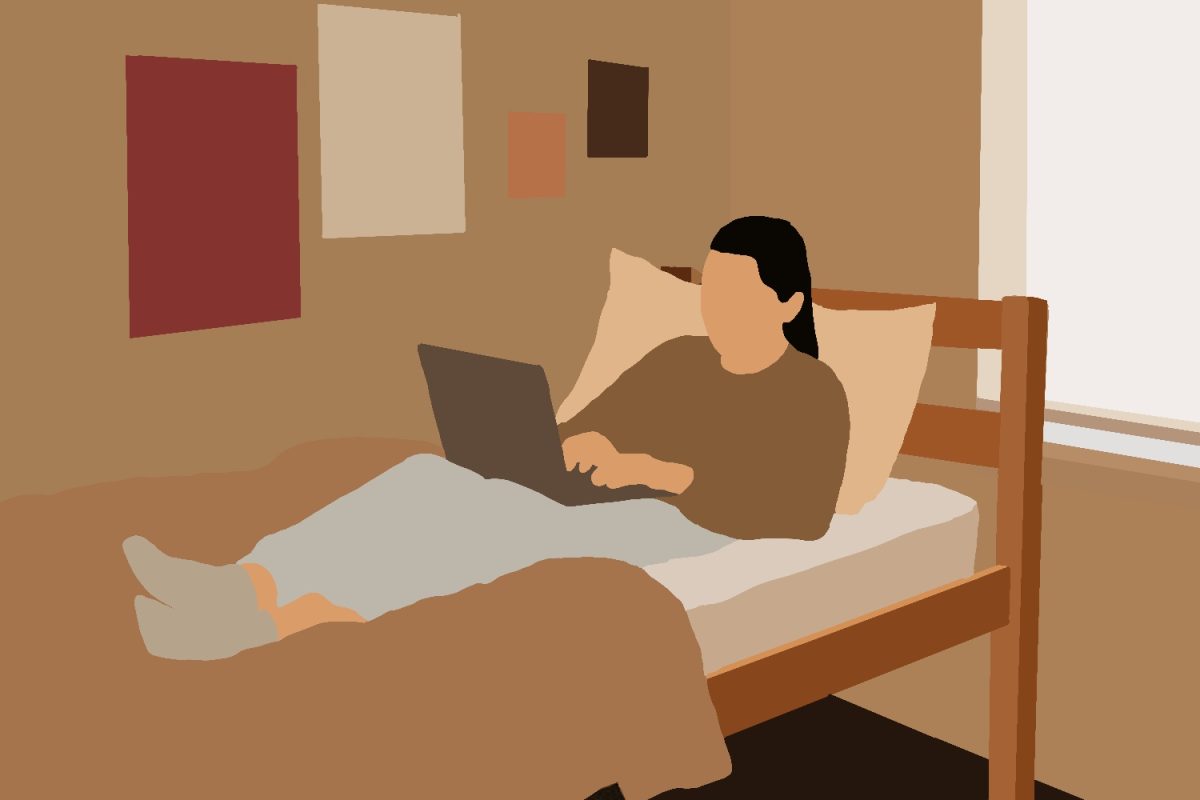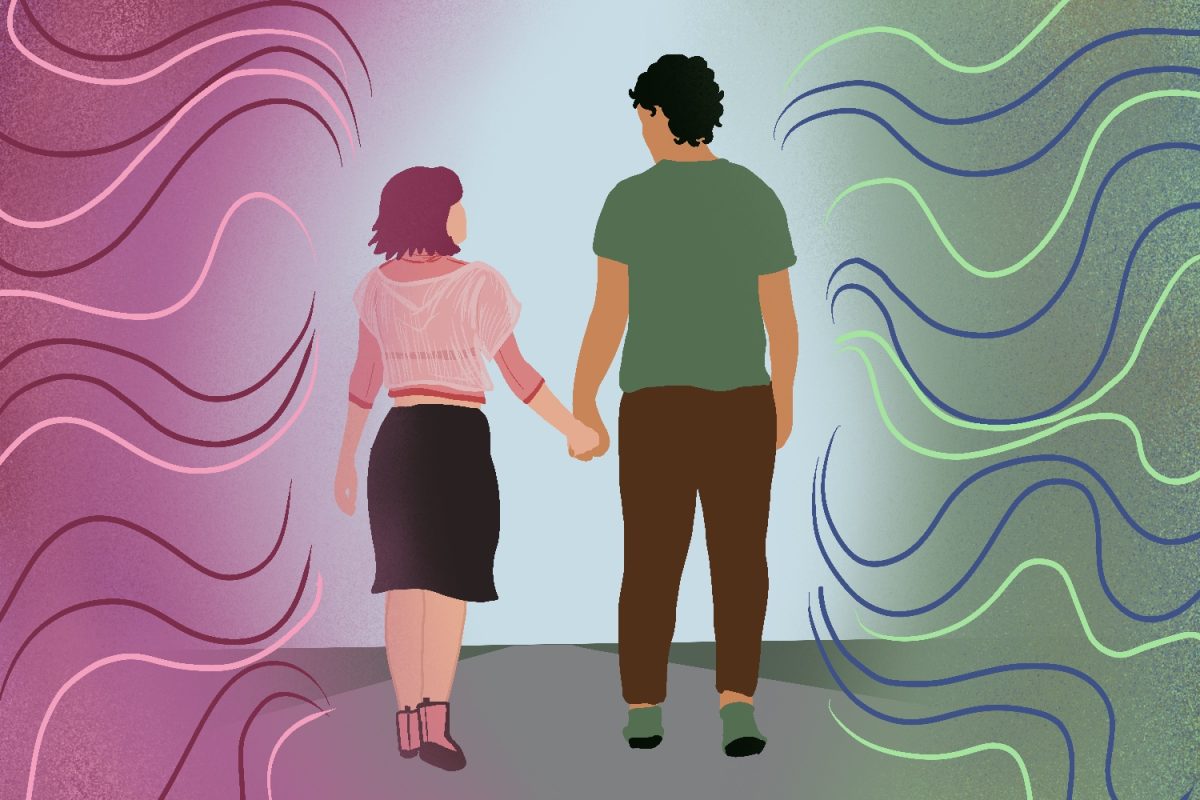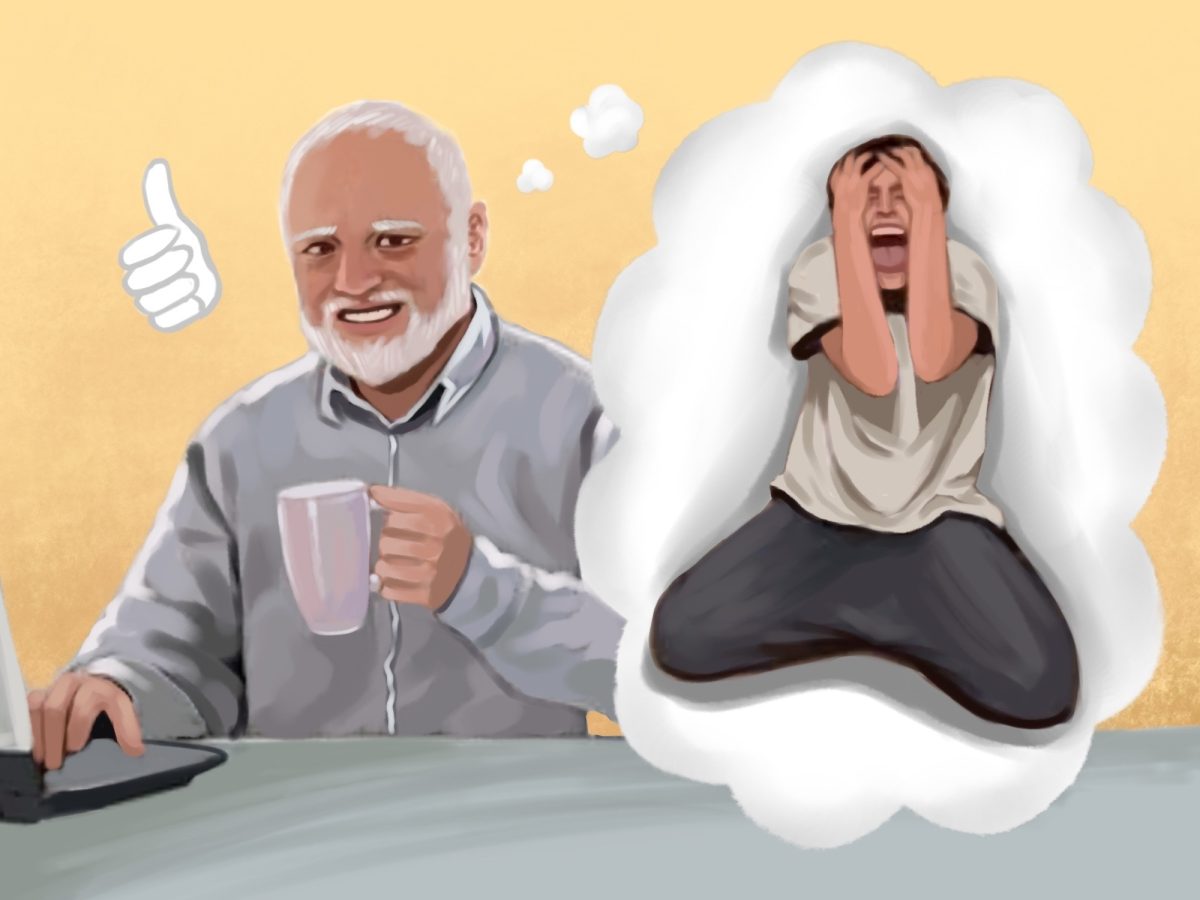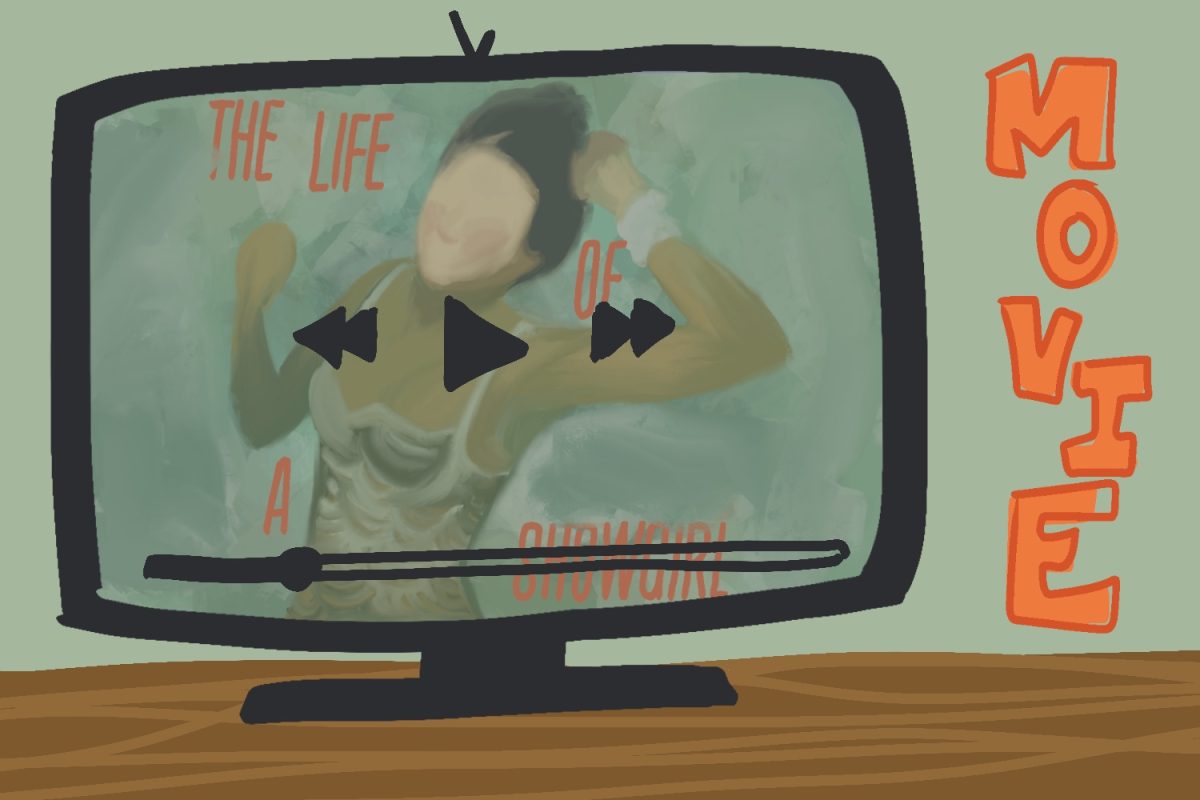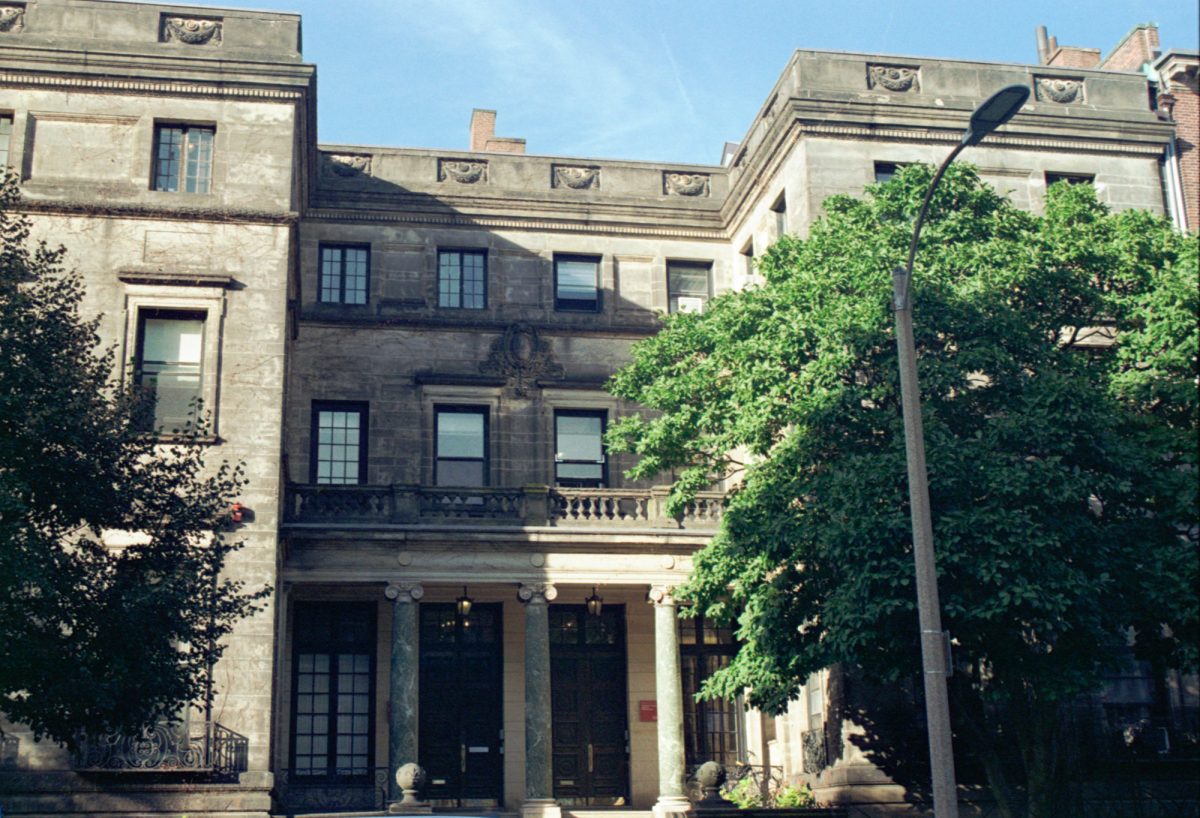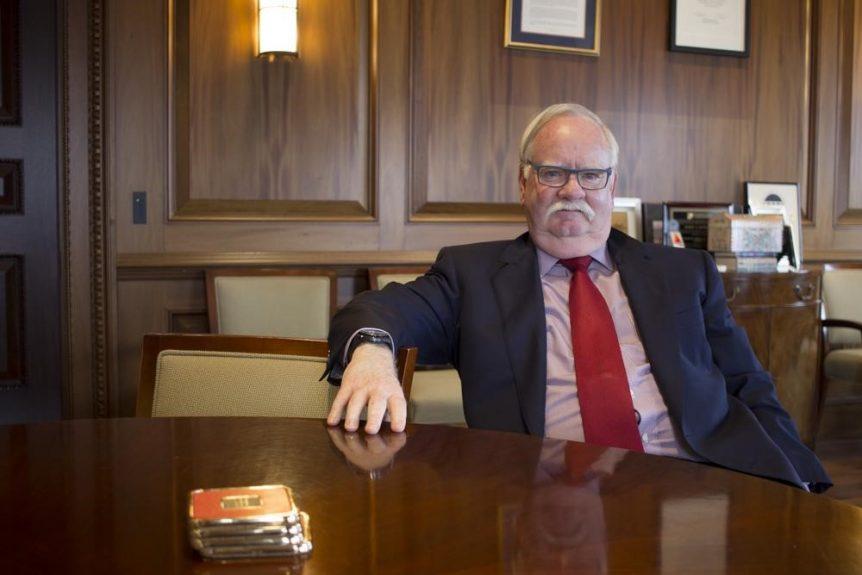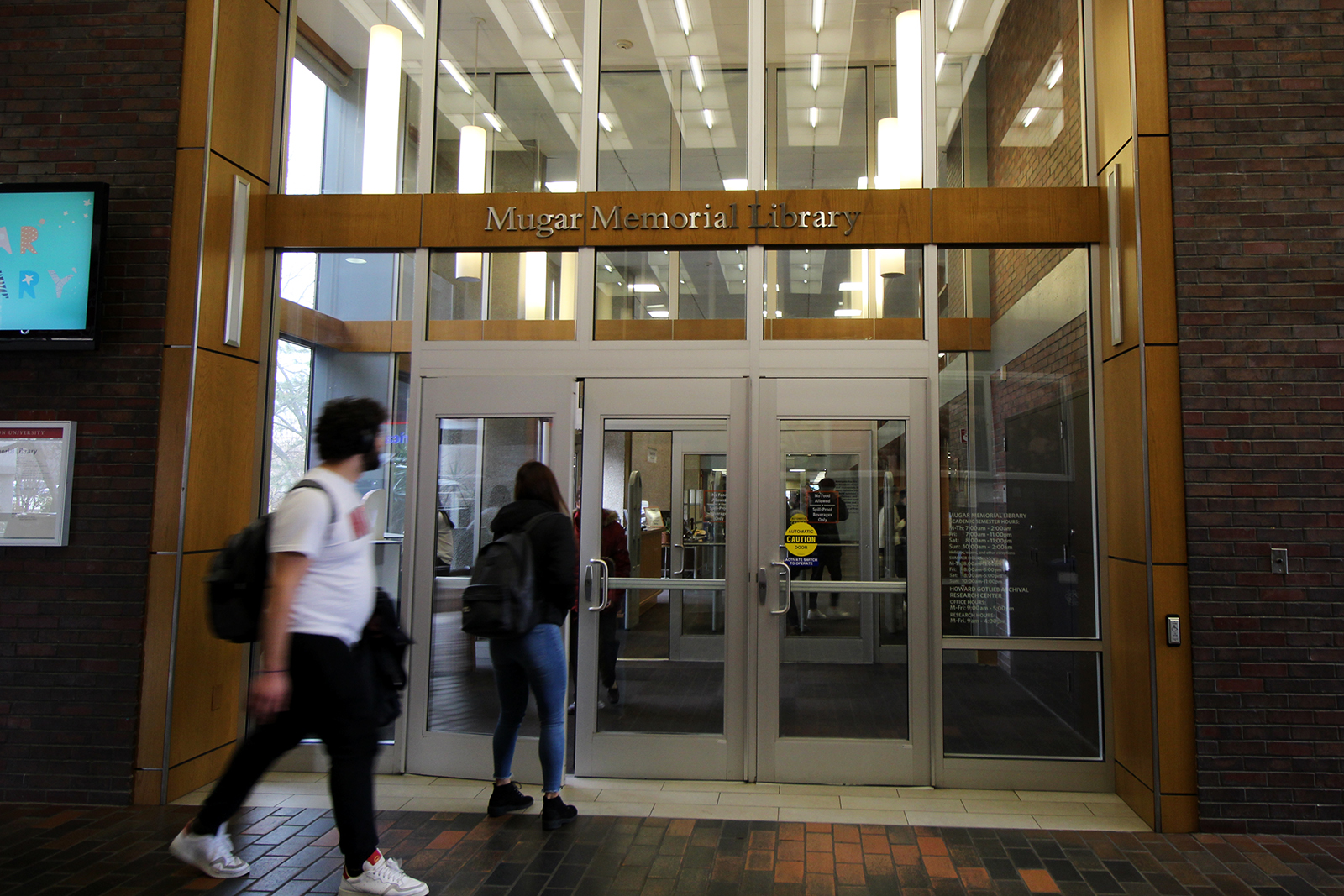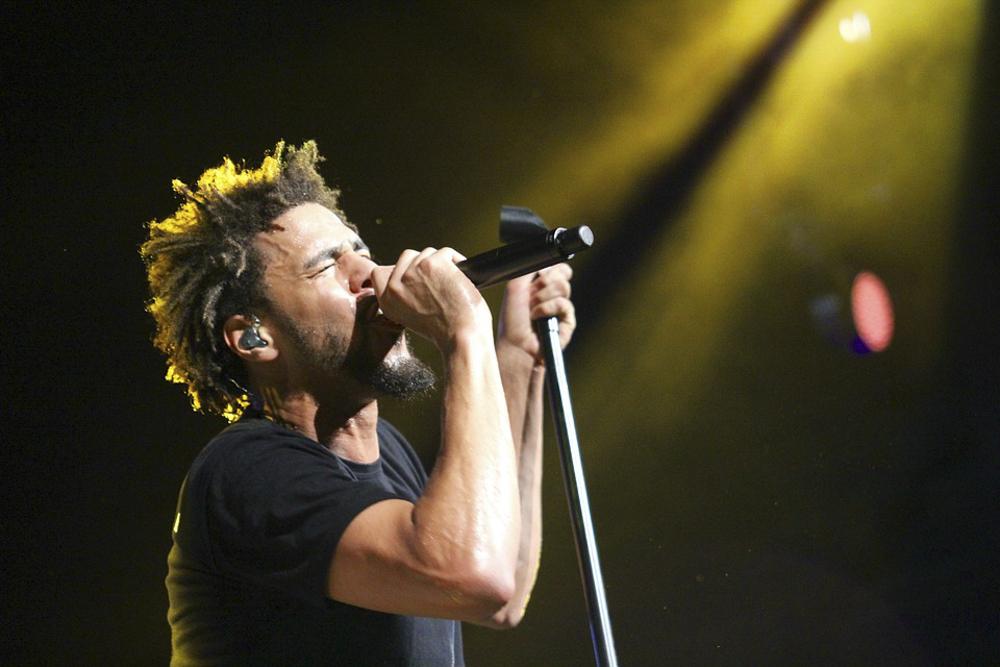Pfizer pharmaceutical company delivered its newly-developed vaccine to the Boston Medical Center Dec. 14, following months of clinical research and nearly a year after the emergence of COVID-19.
The hospital’s first shipment contained 1,950 doses of the vaccine, BMC Communications Specialist Jazmin Holdway wrote in an email.
“Beginning Wednesday,” Holdway wrote, “we began the first wave of vaccinations to front line health care workers.”
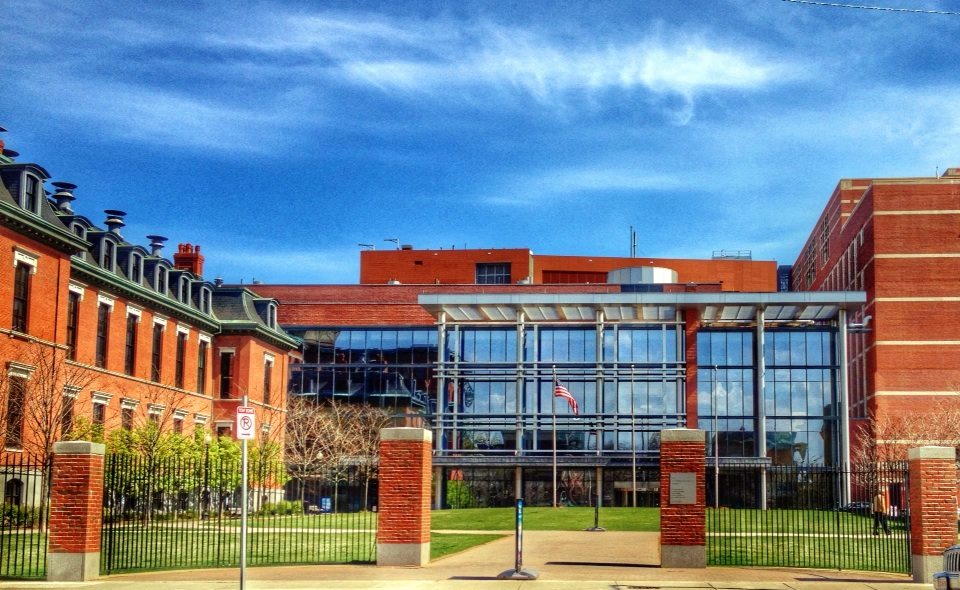
Doctors, nurses and BMC employees who worked with or around COVID-19 patients were vaccinated, Holdway wrote. Health care workers across the country are the first to receive the vaccine, followed by those in assisted living communities and other high-risk populations.
Pfizer, in partnership with BioNTech, is the first of two organizations to receive emergency vaccine approval — Cambridge-based Moderna was authorized for distribution in the United States Friday.
BMC infectious disease physician Sabrina Assoumou, an assistant professor at the Boston University School of Medicine, said the arrival of vaccines is a long-awaited triumph for doctors and research staff of the BU-affiliated hospital who worked with Pfizer for several months.
Assoumou said BU played a critical role in obtaining volunteers for the vaccine’s trial phases.
“We were a site for the Pfizer vaccine,” Assoumou said, “so [we were] recruiting patients and making sure that patients who were included in the clinical trials represent the population in terms of ethnic and racial diversity.”
Assoumou said it was vital to build trust within local communities so people feel comfortable getting vaccinated.
“The reason why I think BMC is going to have a very critical role,” Assoumou said, “is that we are a safety-net hospital where we take care of a very diverse patient population.”
During the trials, Assoumou added, BMC often recruited more diverse volunteers compared to other trial sites.
Davidson Hamer, professor in the School of Public Health and School of Medicine, said there is hope the vaccine can soon aid the student body at the medical school.
For BUSM students, as well as dentistry students, Hamer said COVID-19 immunization is not only crucial for their own safety but also vital for their education.
“I think those groups should be a priority,” Hamer said, “after immunizing the frontline health care workers.”
Hamer said medical students have faced strong restrictions on the ways they can interact with patients because of limited personal protective equipment and concerns over the spread of the virus.
However, the goal is to overcome these challenges so students can gain experience in the hospital, said Hamer.
“We want to avoid students missing key parts of their education,” Hamer said, “the clinical part of their education.”
BU is working on becoming a vaccine distribution center, Hamer said, which will begin with immunizing Student Health Services employees and then at-risk groups.
“That will help both protect the employees, the faculty and staff, but also make campus a safer place,” Hamer said. “Eventually, the vaccine will be much more widely available … but I think that’s going to take several months.”
The news of COVID-19 vaccines at BMC has some BU undergraduates feeling cautiously optimistic.
Drake Fong, a junior in the School of Education and College of Arts and Sciences, said he is treating the vaccine’s arrival as good news despite some initial skepticism.
“We still have to be aware … we still have to take precautions,” Fong said. “It’s not a one and done deal.”
Michael Kwon, a freshman at the Questrom School of Business, said he was hopeful for the coming months at BU.
“The lectures that were remote, I feel like they can be more in-person because I really wanted to enjoy that,” Kwon said. “I’m definitely looking forward to it.”

